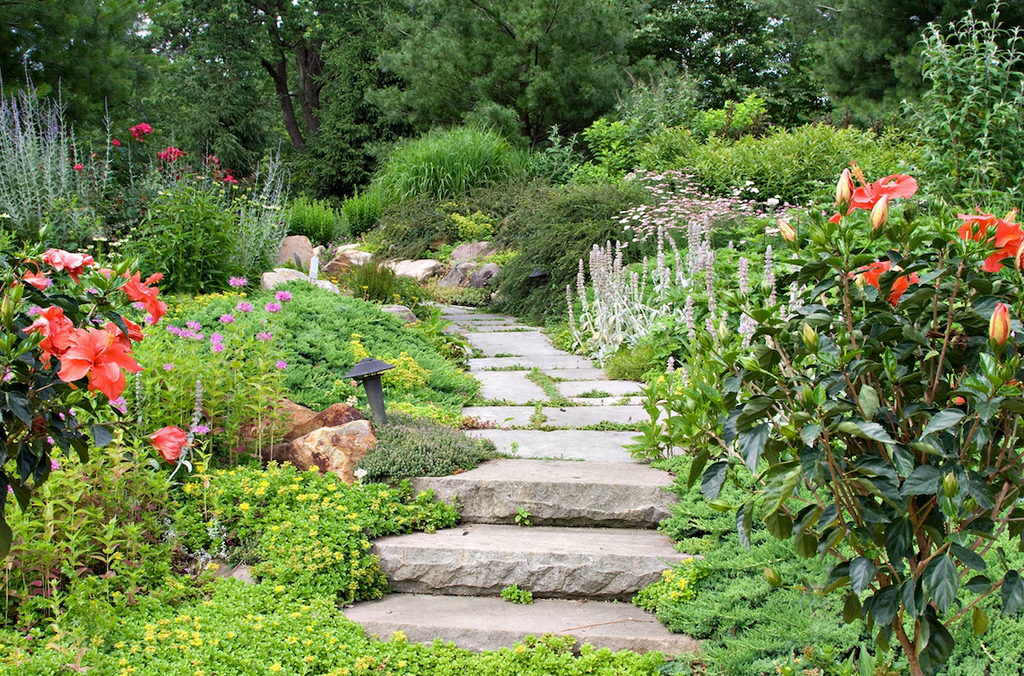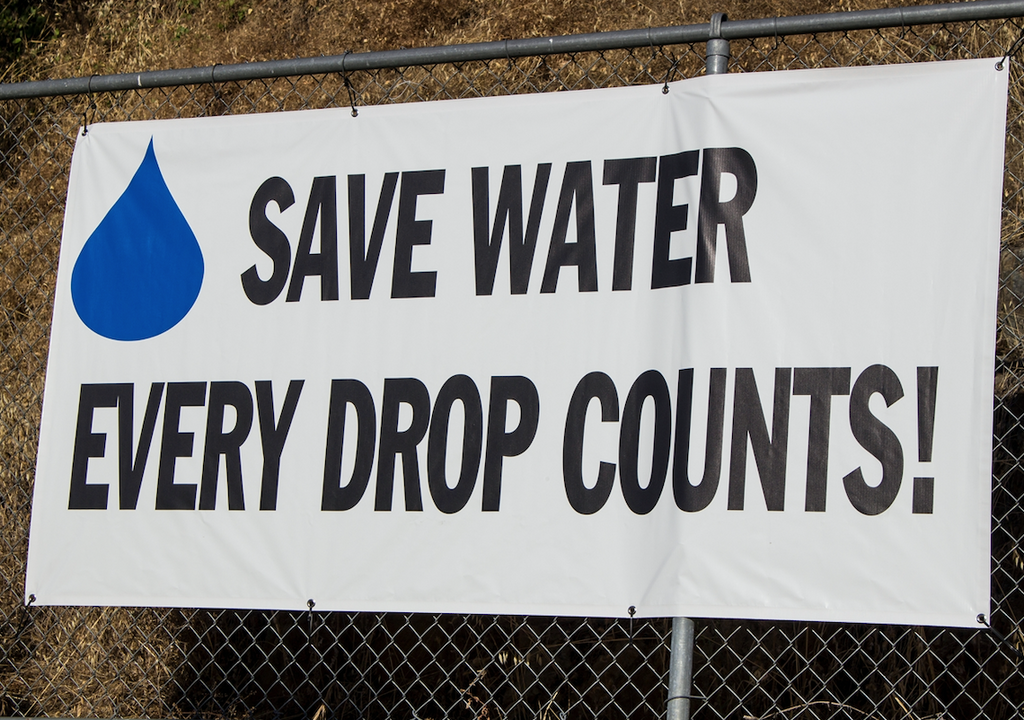Tips for a Low-Waste Garden

As our planet plunges towards the drastic effects of global warming, it's up to every individual to play their part in reducing the wastage they produce. One of these waste zones in your home is your backyard garden. There are several ways you can shift to an eco-friendly, low-waste garden. Follow these tips to make step-by-step progress.
Biodegradable Plant Pots
If you haven't invested in plant pots and containers, don't go for the traditional ones. If you've already bought the traditional ones, there's still time to swap them with biodegradable ones. Other than the evident reason that it is ideal for a low or zero-waste garden and is more environmentally friendly, there are other additional benefits. Since biodegradable products easily break down, they don't prevent the root from growing and spreading and eventually coiling or folding up due to lack of space, as seen in the traditional ones. The roots pass through the pot and into the soil, where they can easily propagate without being caged. In addition, it also allows your garden's soil to exist as waste-free or low-waste since the raw materials are more long-lasting.
Conserve Water
To get a low-waste garden, you need to ensure that you use as little water as required and not waste any of it. All plants require water for survival and proper growth, and managing this water usage can become a bit handy sometimes. Here are some tips that can help you conserve water:

Low-Waste Compost
All soils require nutrition to provide to the plant they'll host. Normally, people use fertilizers for this purpose. But, if you wish to have a low-waste garden, making compost of your own can make all the difference. Stale food, kitchen and garden waste, paper, and plastic cards are some of the most effective candidates to be converted into compost. Used coffee grounds are also a great source of many important minerals for the soil and the plants, with nitrogen topping the list. It might come as a shocker, but urine is also a great fertilizer. Feel like nothing is stopping your plant from withering? Pee in it 2-3 times a year.
Proper Tools
Invest in good-quality tools that will last for several years instead of those cheap ones that break after a few months. Instead of choosing a lawn mower or weed wacker that runs on fuel, go for an environmentally friendly option that's either electric or uses gas. If you're low on budget, look for second-hand stuff.
Ask for a Professional's Help
No matter how many tips you get from the internet, there will always be something that only an expert can tell you. Achieving a low-waste garden is something to be considered very seriously, which is why it is important to ask for a professional's help as well. They'll also give you some tips about what to plant and how to do it so that your agenda of getting a low-waste garden isn't affected.



